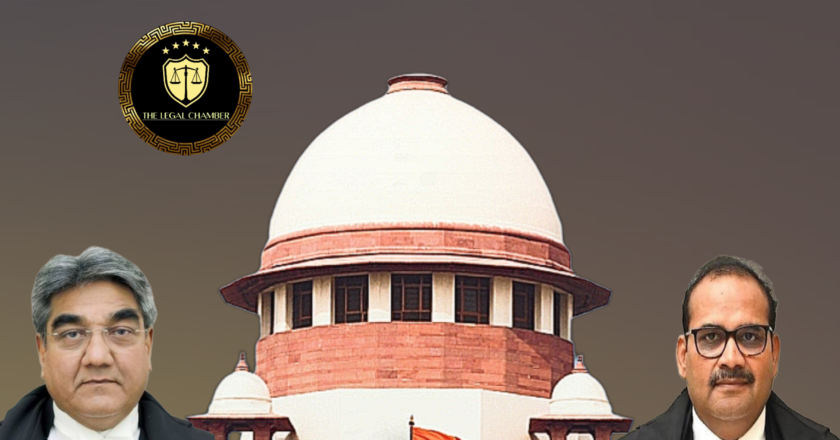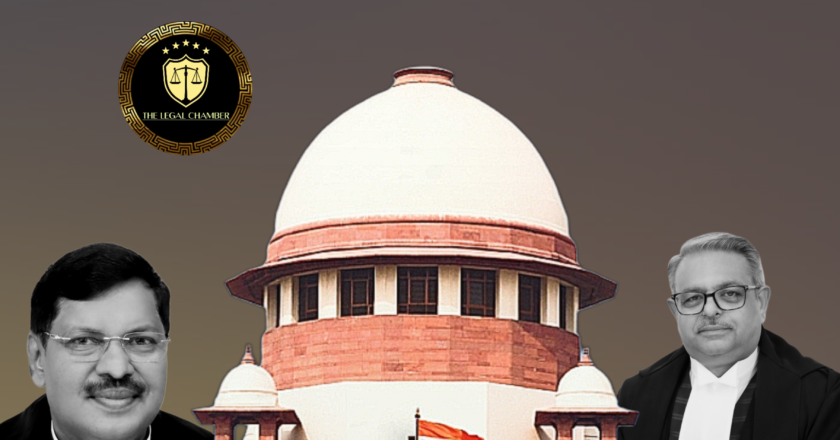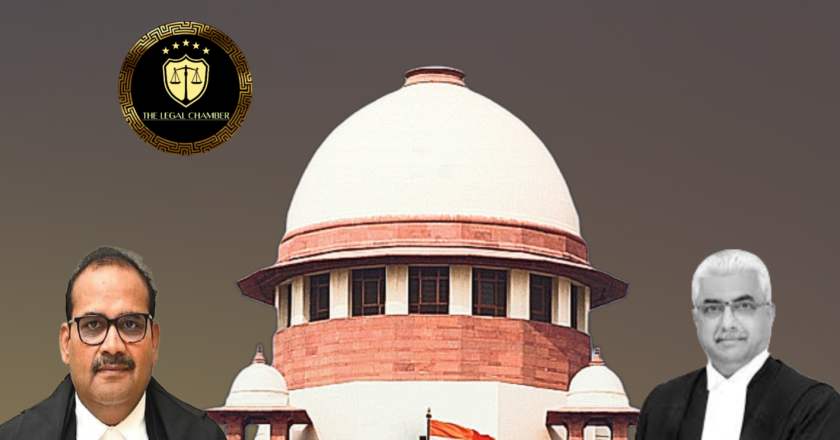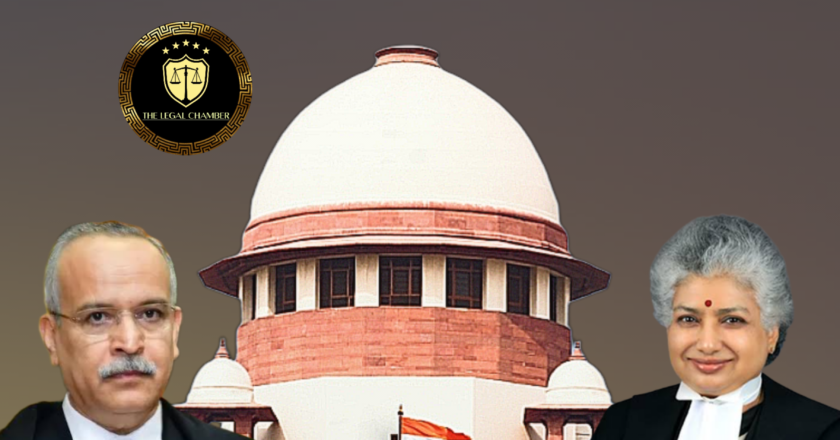No Relief for Constable: Supreme Court Reinstates Dismissal Over Unauthorized Absences
The Supreme Court ruled that while it is desirable to inform an employee if past misconduct will be considered for punishment, it is not mandatory when the current charge itself constitutes a "gravest act of misconduct." In such cases, referring to past conduct merely to add weight to the decision does not vitiate the dismissal order, especially within a disciplined force where habitual absenteeism is a serious violation.
Facts Of The Case:
The respondent, Ex. Constable Satpal Singh, was appointed in the Punjab Armed Forces in 1989 and later transferred to the Commando Battalion. The immediate trigger for the case was his unauthorized absence from April 4, 1994, to May 12, 1994 (37 days), after he overstayed a one-day casual leave. A departmental enquiry was initiated for this absence, w...





